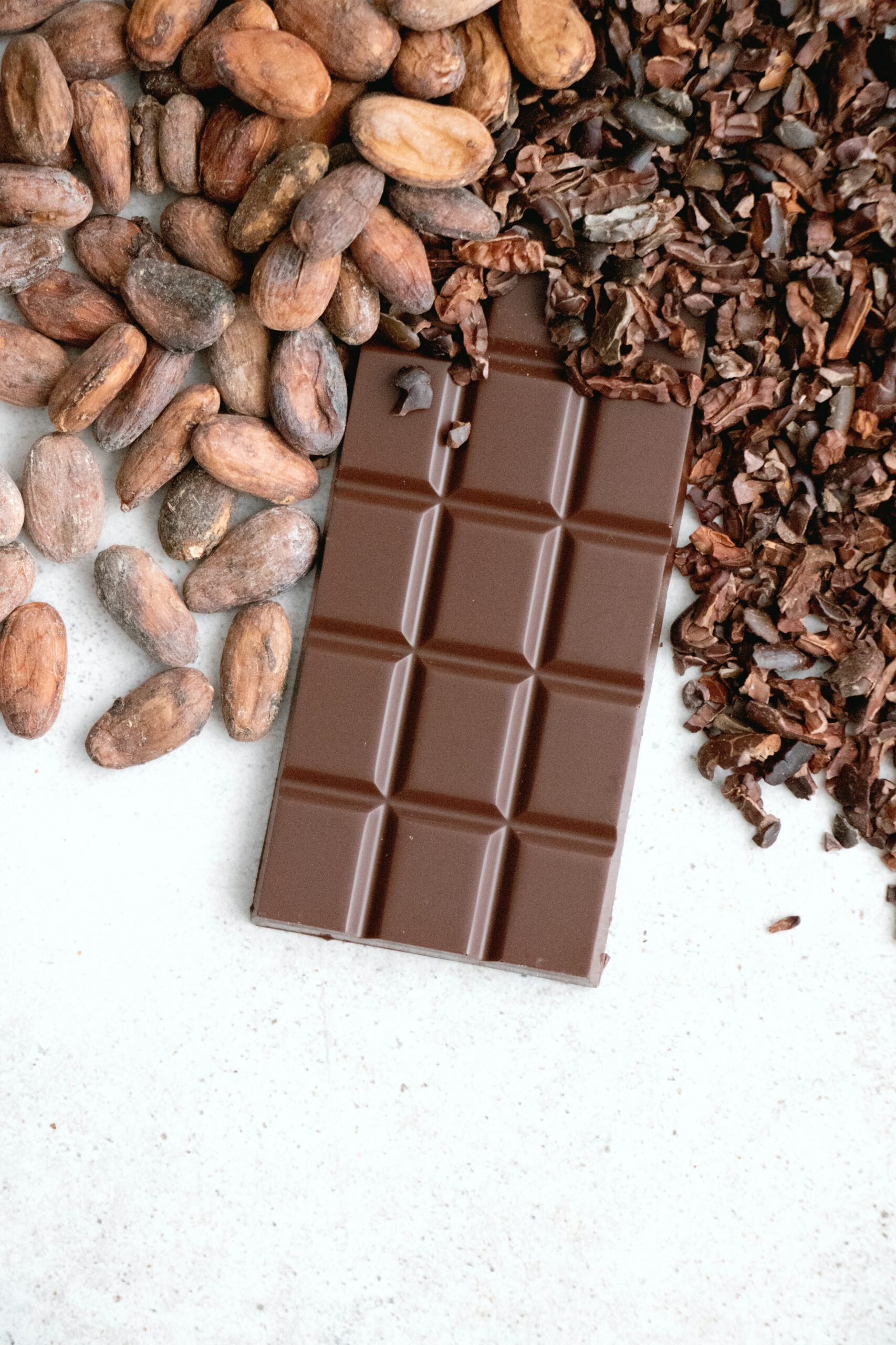Choose Your Shop

Food History
Chocolate as a Form of Currency
When we think of chocolate today, we think of a delicious treat or dessert in which we indulge. However, it was not always this way.
In Ancient Mesoamerica, cacao beans were used for a more practical purpose than to make chocolate, as they were a prominent form of currency with the Aztec and Mayan societies during the Postclassic period (900 – 1521 CE). The flavour of cocoa beans increased their value as a commodity, with their freshness, plumpness, and colour also affecting their value. More ash-coloured beans were valued higher than red-coloured beans because the ash colour signified full fermentation. When traded items were not of the exact same value, cocoa beans were thrown in to even out the transaction. From 1430 to 1531, Aztecs and Mayan rulers also received tax in the form of cocoa beans.
All throughout history, humans always managed to find loopholes. In counterfeit practices, traders would peel off the shell from cocoa beans and fill it with mud to use for exchange and consume the edible bean inside. This is what made this form of commodity so unique from others, as it had more than one use.
Apart from economic exchange, cocoa beans played more than one pivotal role in society of those ancient times. Possession of cocoa beans distinguished the rich, upper classes from the poor, lower classes and chocolate was only consumed by the Aztec elite: the royals, the lords, long-distance merchants, and warriors. Warriors consumed the cacao as a source of energy before engaging in battle. Since those times, chocolate has always been more commonly served at the end of a meal as a dessert. Chocolate in the form of a beverage was also popular in weddings, taking the place of alcohol as a marker of social status.
A wide variety of quality ingredients are available from Arkadia supermarkets in Malta and Gozo, including Arkadia FoodExpress Swatar and Arkadia Food Market Valletta.
Stay up to date with our food history posts - https://arkadiafoodstore.com/foodhistory/
Tell your Facebook friends about it.
